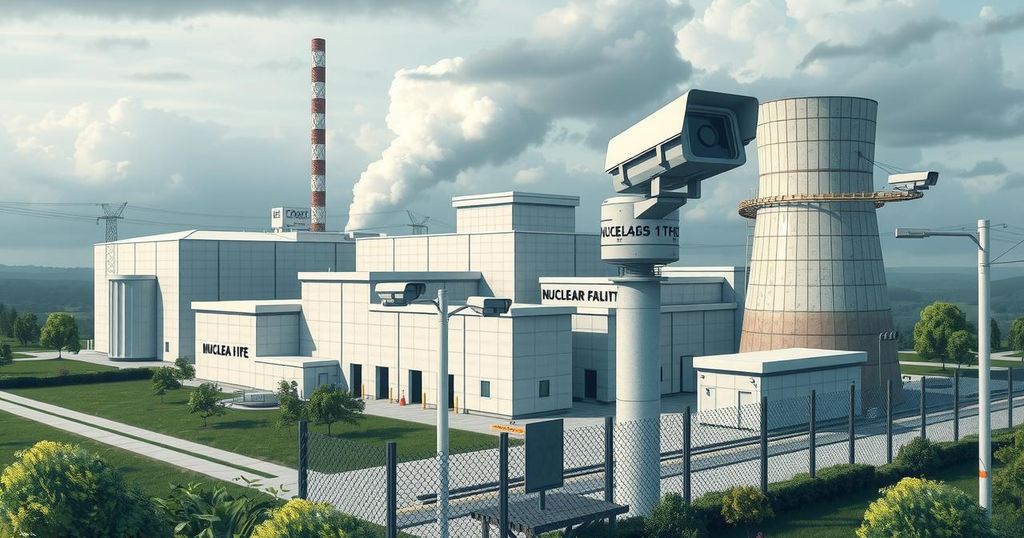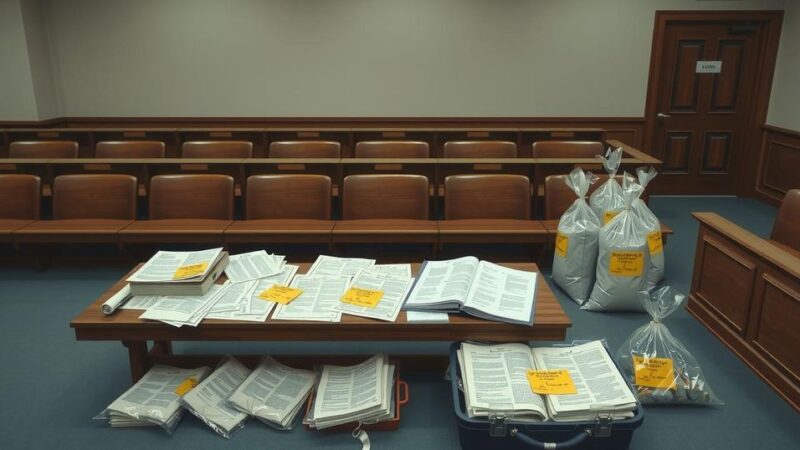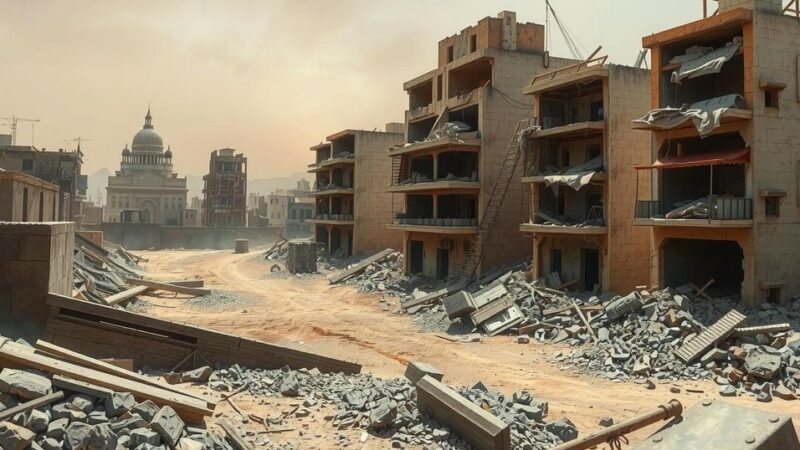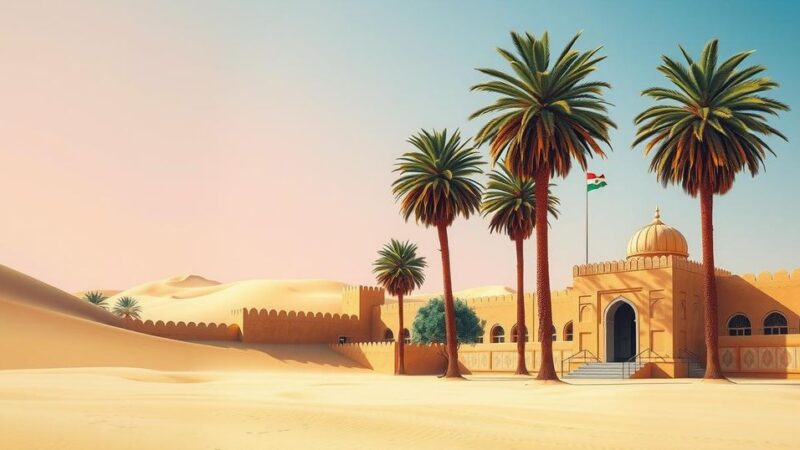Iranian Deputy Foreign Minister Kazem Gharibabadi reaffirmed Tehran’s commitment to cooperate with the IAEA during discussions with IAEA Chief Rafael Grossi. The talks focused on resolving outstanding issues and ensuring the security of nuclear facilities, although Gharibabadi emphasized the necessity of eliminating external political pressures for effective cooperation. Iran contests allegations of undeclared nuclear activity but remains open to collaboration with the IAEA to address disputes. Grossi highlighted the importance of this cooperation for the peaceful nature of Iran’s nuclear endeavors.
Kazem Gharibabadi, the Iranian Deputy Foreign Minister, reaffirmed Tehran’s commitment to collaborate with the International Atomic Energy Agency (IAEA). In a recent update on his X account, he praised his “frank and constructive” discussion with IAEA Chief Rafael Grossi in Vienna. Gharibabadi stated that Iran will maintain cooperation with the IAEA while safeguarding its national security and interests under the agency’s safeguards obligations.
During the meeting, they deliberated on joint efforts and the resolution of two outstanding issues, as well as the security of nuclear facilities and recent developments regarding the nuclear situation. The Deputy Minister emphasized the long-standing cooperative history between Iran and the IAEA which he believes can help resolve remaining discrepancies. However, he insisted that progress necessitates lifting external political pressure on the IAEA to ensure an “independent, technical, impartial, and professional” approach from the agency.
Currently, Iran and the IAEA are engaged in a dispute over claims of nuclear material traces at undeclared sites in Iran, a notion Tehran vehemently contests. Nevertheless, Iran expressed readiness to work with the IAEA to address these conflicts. Notably, in May 2023, the IAEA indicated it would close the file on nuclear material traces after observing positive steps in Iran’s cooperation.
Grossi acknowledged the importance of their meeting, asserting that cooperation between Iran and the IAEA is crucial to ensuring the peaceful nature of Iran’s nuclear program. Iran’s Foreign Ministry spokesman, Esmaeil Baghaei, emphasized that the meeting advanced ongoing interactions with the IAEA. He highlighted that the political stance of the agency’s leadership would not enhance cooperation with Iran. Gharibabadi had previously attended discussions with Chinese and Russian counterparts in Beijing, recognizing the importance of these talks in addressing nuclear concerns, including the push to end “illegal and unilateral” sanctions against Iran.
In summary, Iran’s Deputy Foreign Minister Kazem Gharibabadi has reiterated the country’s commitment to working with the IAEA under its safeguards obligations, emphasizing the importance of an independent approach free from political pressure. The essence of the meetings between Iranian officials and IAEA leadership underscores a mutual desire to resolve outstanding issues and foster cooperation regarding Iran’s nuclear program. The discussions, coupled with ongoing diplomatic engagements with Russia and China, signify a broader strategy to advance Iran’s interests in a complex geopolitical landscape.
Original Source: presstv.ir






